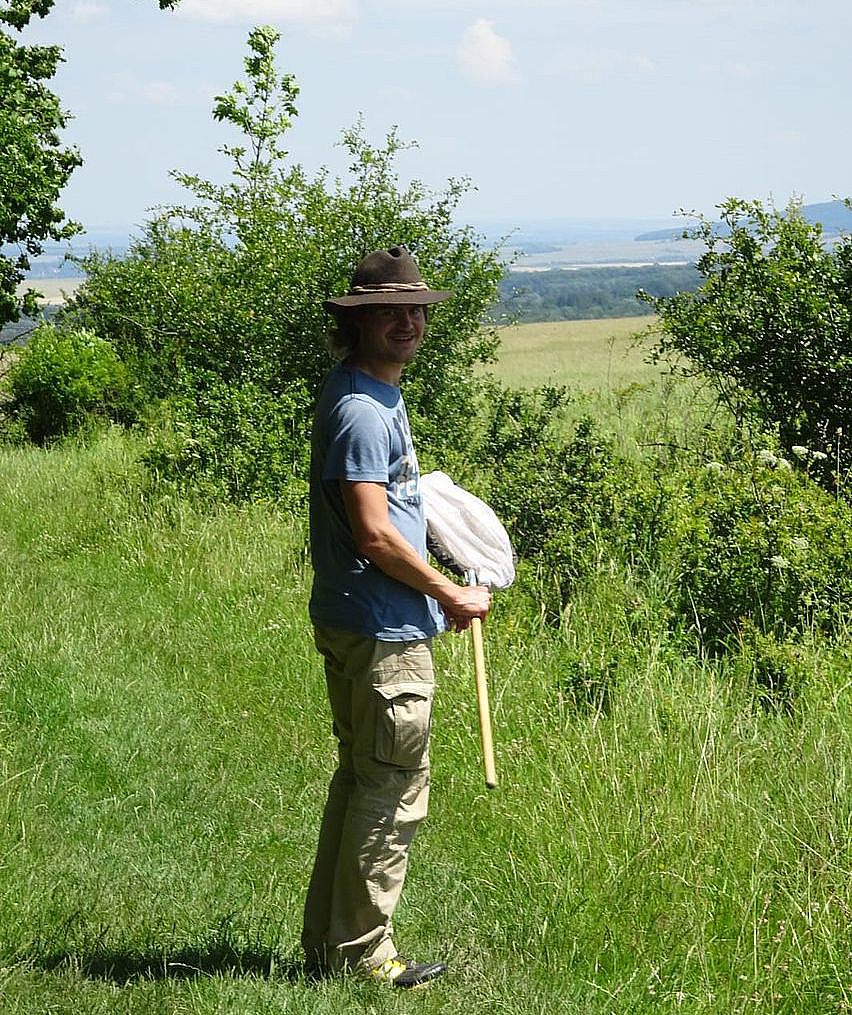Scientific projects
Effects of land-use intensity on pollination services and pollinator health
Pollinators provide an essential ecosystem service and are currently threatened by a variety of anthropogenic influences and changing environmental conditions. In intensively used agricultural areas, pollinators suffer from resource limitation, exposure to pesticides as well as habitat loss and fragmentation, why land-use intensity represents a major threat for pollinators in such landscapes. These stressors can affect pollinator health (e.g. increased pathogen loads, developmental changes), which may in return result in a loss of pollination services (e.g. decreased foraging activity).
My PhD aims to help understanding how to preserve pollination services and ecosystem functioning in land-use intensive areas by disentangling the links between land-use intensity, pollinator health and pollination services. To achieve this, I will investigate pollinator health indicators and foraging behaviour of two pollinator species (Bombus lapidarius & Episyrphus balteatus) in agricultural landscapes.
Publications
Straub F, Birkenbach M, Boesing AL, Manning P, Olsson O, Kuppler J, Wilfert L, Ayasse M (2025). Local and landscape factors differently influence health and pollination services in two important pollinator groups. Sci. Total. Env. 959:178330. https://doi.org/10.1016/j.scitotenv.2024.178330
Birkenbach M, Straub F, Kiesel A, Ayasse M, Wilfert L & Kuppler J (2024). Land-use affectspollinator-specific resource availability and pollinatorforaging behaviour. Ecology and Evolution 14: e11061. https://doi.org/10.1002/ece3.11061
Straub F, Birkenbach M, Leonhardt SD, Ruedenauer FA, Kuppler J, Wilfert L, Ayasse M (2023). Land-use-associated stressors interact to reduce bumblebee health at the individual and colony level. Proc. R. Soc. B 290: 20231322. https://doi.org/10.1098/rspb.2023.1322
Contact
M.Sc. Markus Birkenbach
Institute of Evolutionary Ecology and Conservation Genomics
Ulm University
Albert-Einstein-Allee 11
D-89081 Ulm, Germany
Tel. +49 (0)731 50 22696
Fax +49 (0)731 50 22683
Office: M25 4115

